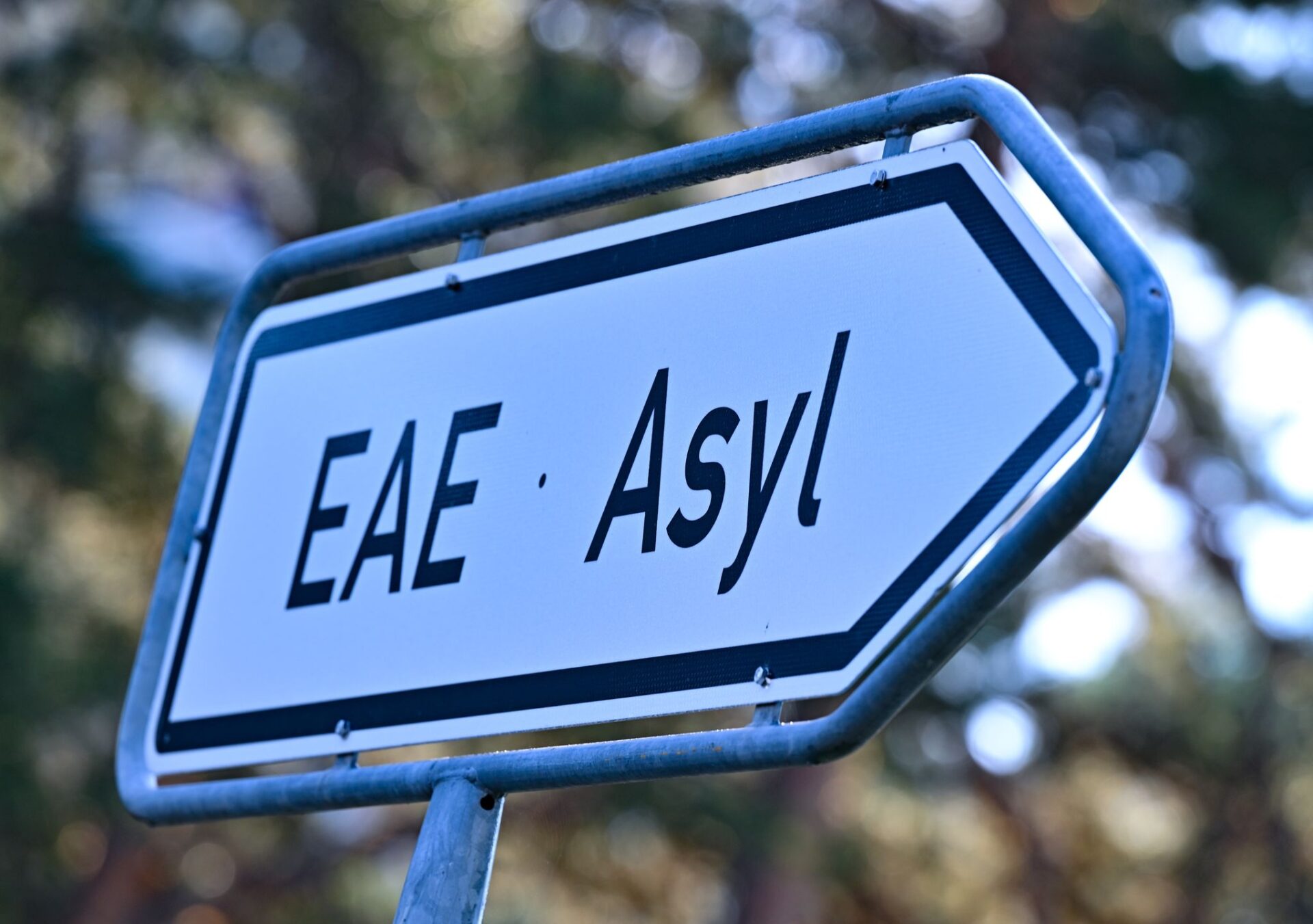LUXEMBOURG (ANP) – The Dutch minister Marjolein Faber (Asylum and Migration) cannot count on support from other EU member states for the desired special position for the Netherlands on migration, also called opt-out. Among others, her fellow ministers from Germany, Greece, and Sweden each called it a bad plan, they said before the start of the EU meeting on migration in Luxembourg. European Commissioner Ylva Johansson (Home Affairs) said firmly: “It is not possible according to the EU treaty and I have also told the Netherlands.”
“It’s not a good idea,” said German Minister Nancy Faeser (Home Affairs) resolutely. The Greek Minister Nikolaos Panagiotopoulos also finds it undesirable for EU member states to conduct a national migration policy. According to him, it is important for EU countries to hold onto each other and implement the EU migration pact as one block.
Sweden also believes that EU member states should ensure that the European migration pact “is efficient and works as intended,” said Justice Minister Gunnar Strömmer. “We cannot start looking for special solutions for individual countries now.”
The ministers of France, Belgium, and Finland do not give a direct answer to the question of whether the Dutch request is wishful thinking or has a chance of success. “France does not ask for an opt-out,” said Minister Bruno Retailleau in response to the ANP’s question. “On the contrary, we have strongly supported the asylum-immigration package and even want to anticipate its implementation.”
“It is important that we now implement the European migration pact,” said the Belgian Secretary of State for Asylum Nicole de Moor. The Finnish Minister Lulu Ranne calls the Dutch wish “not realistic.”
A change to the EU treaty is necessary for an opt-out. In addition, all EU member states must agree to such a request.
The EU migration pact will take effect from mid-2026. It involves stricter migration rules on receiving, distributing, and repatriating migrants, whereby asylum seekers with little chance must be detained. All countries must also register asylum seekers in the same way. The pact has been negotiated for years.
(October 10, 2024)
 go to the original language article
go to the original language article
